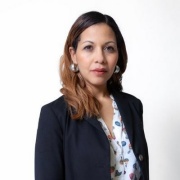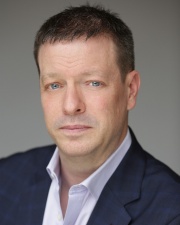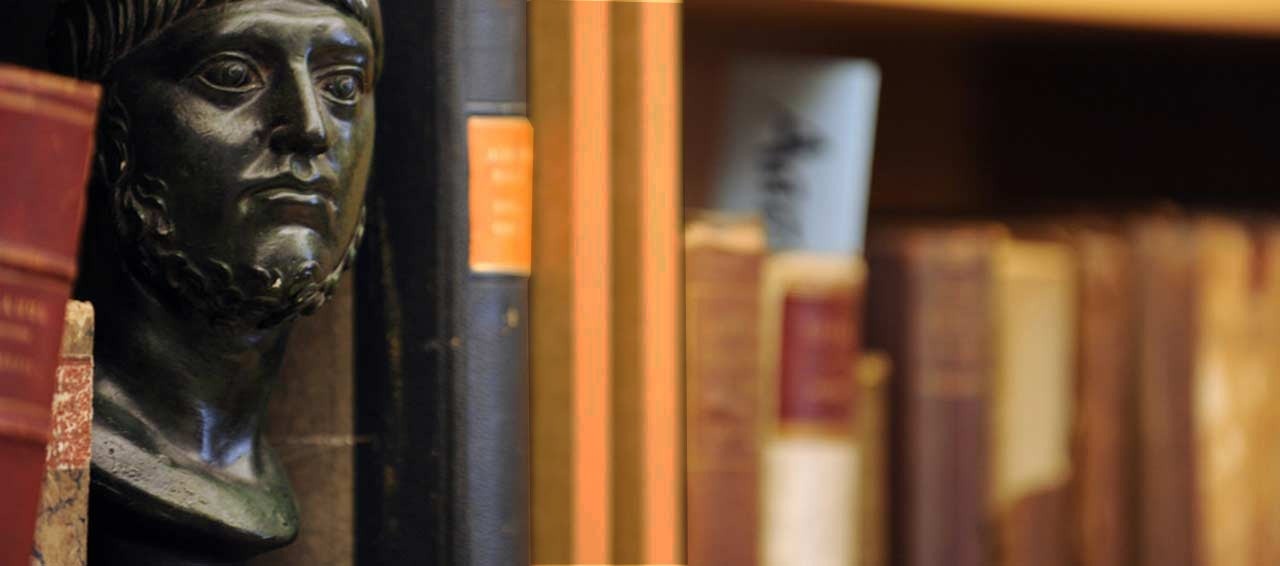2024 Stanfield Conversation featured speakers
Dr. Debra Thompson

Dr. Debra Thompson is a leading scholar of the comparative politics of race and a member of the Royal Society of Canada’s College of New Scholars, Artists and Scientists. Her research, teaching, and public scholarship seek to analyze the complex historic and contemporary relationships among race, the state, and inequality in Canada and other democratic societies. Dr. Thompson’s multiple award-winning first book, The Schematic State: Race, Transnationalism, and the Politics of the Census (Cambridge University Press, 2016) is a study of the political development of racial classifications on the national censuses of the United States, Canada, and Great Britain. Her best-selling second book, The Long Road Home: On Blackness and Belonging (Scribner Canada, 2022) is equal parts a personal meditation, penetrating analysis, and pointed social critique of the dynamics of race and belonging over time and across the Canadian-U.S. border. The Long Road Home was one of Indigo’s top 100 books, CBC’s best non-fiction of 2022, the Hill Times top 100 books of 2022, the winner of the Canadian Political Science Association’s Donald Smiley Prize for the best book on Canadian politics and government and a finalist for the prestigious Hilary Weston Writers’ Trust Prize for Nonfiction. Dr. Thompson is a frequent commentator in print media, radio, podcasts, and television, appeared in the 2022 documentary Black Ice, and in collaboration with the Institute for Research on Public Policy, produces and hosts the In/Equality, a special series of the Policy Options podcast on the many facets of inequality in Canadian society. She is currently working on several projects that extract and examine the mechanics of systemic racism in Canada.
See Dr. Debra Thompson's website for more information.
Doug Saunders

Doug Saunders is an author, journalist and consultant of Canadian and British citizenship. He is the international-affairs columnist for the newspaper The Globe and Mail and author of the books Arrival City: The Final Migration and Our Next World (2011), The Myth of the Muslim Tide (2012) and Maximum Canada (2017). During 2019-2021 he was resident in Berlin as a Richard von Weizsäcker Fellow at the Robert Bosch Academy, and in 2022 designed a self-integration framework for urban migrants on behalf of the International Organization for Migration. He served as the Globe and Mail’s London-based European bureau chief for a decade, after having run the paper’s Los Angeles bureau, and has written extensively from East Asia, the Indian Subcontinent, the Middle East, North Africa and the Americas; he currently writes a weekly column devoted to the larger themes and intellectual concepts behind international news. He has won the National Newspaper Award, Canada’s counterpart to the Pulitzer Prize, on seven occasions (he was most recently received honours for Journalist of the Year and Best International Reporting in 2024) as well as the Schelling Prize for Architectural Theory, the Donner Prize and the National Library of China Wenjin Book Award. He was a co-designer of the 2016 Venice Architecture Biennale’s Germany pavilion, which was based on is book Arrival City. His current work examines the neighbourhood-scale manifestation of larger social and economic crises, with field work in seven countries.
See Doug Saunders's website for more information.
